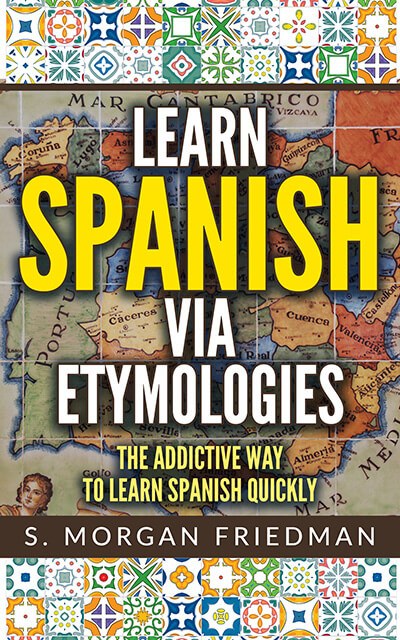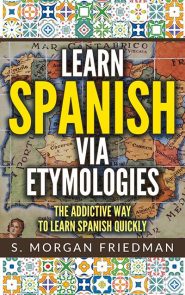The Spanish ladrón, for thief, sounds unrelated to any English word.
But, it does have an interesting connection to the English for the same, Burglar.
Burglar comes from the Latin burgus, which meant “castle” or a “fortified town” — think about the -burg ending in many place names, like Pittsburgh or Edinborough.
But, if burglar comes from burgus, then where did the -l- in the middle come from?
Well, the -l- was inserted slowly over time under the influence of the Latin for thief, latro. The word for “thief” was, unconsciously, made to sound similar to the other word for thief! And from latro we get, directly, the Spanish ladrón.
Thus, although burglar isn’t directly descended from ladrón, they are incestuous cousins.

